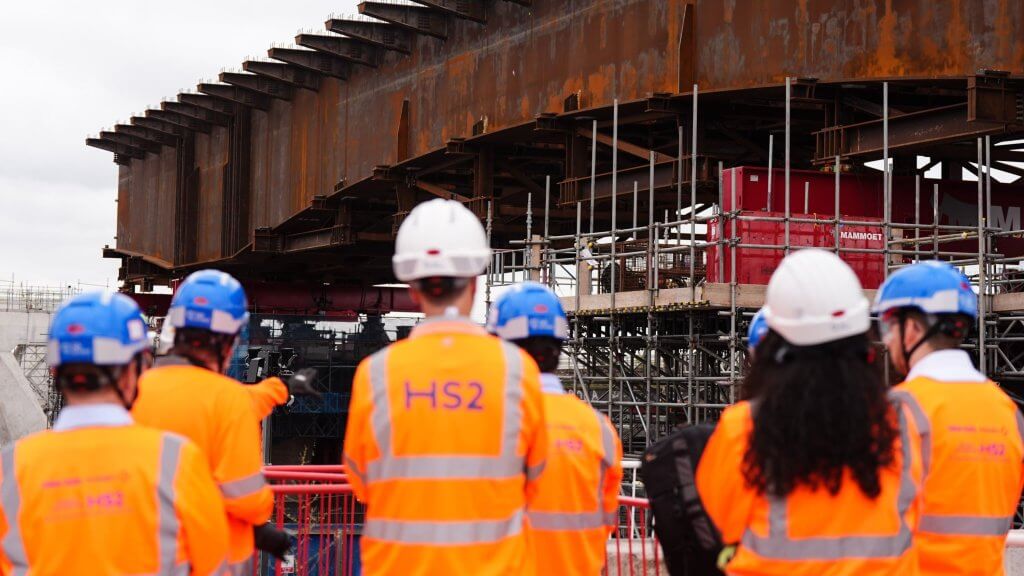
Costain has reported a 17.8 per cent fall in revenues for the first half of 2025 as road schemes reached completion and HS2 works were delayed, underlining the delivery challenges faced by contractors dependent on large transport programmes. The company posted revenues of £525.4 million for the six months to 30 June, compared with the same period last year.
The reduction in turnover reflects the government’s decision earlier this year to rephase HS2, with the first phase now unlikely to be complete by 2033. The rescheduling has slowed demand for engineering and construction services across the supply chain. In parallel, a number of Costain’s major highways projects reached handover stage, reducing short-term activity levels in the division.
Despite lower revenue, Costain delivered adjusted operating profit of £16.8 million, up 3.1 per cent year on year. This resilience was supported by an expanding portfolio of work in energy transition, defence, nuclear and aviation. The company highlighted increased activity at Heathrow Airport and a strong pipeline of regulated projects as examples of its diversification strategy in action.
Chief executive Alex Vaughan said: “We have delivered another strong performance in the first half of 2025. The Government’s new Infrastructure Strategy and Infrastructure Pipeline, together with recent regulatory determinations in water, energy and aviation, provide clarity and confidence in the significant growth opportunities in our target markets. We are delivering our strategic priorities, investing in the business to support these attractive growth opportunities and are increasingly confident in the Group’s growth prospects.”
For project managers, the update reinforces the growing importance of aligning delivery capacity with sector diversification. Costain’s reliance on road and rail has been balanced by rising workloads in regulated markets, where funding cycles are longer and commitments more predictable. Defence and nuclear programmes are also seen as offering more stable opportunities, particularly where the government has set out multi-year funding allocations.
The government’s Infrastructure Strategy, published in June, provides further clarity for contractors and delivery partners. Ministers confirmed at least £9 billion a year will be invested over the next decade to address maintenance backlogs and upgrade public facilities.
Priorities include modernising schools, hospitals and prisons, as well as ensuring resilience across energy and water networks. The associated Infrastructure Pipeline gives contractors visibility of planned projects, supporting resourcing and long-term project planning.
For delivery teams, the combination of new regulatory determinations and government-backed programmes represents an opportunity to plan with greater confidence. Contractors will be expected to balance ongoing uncertainty in large-scale transport schemes with a broader mix of projects in energy, defence and social infrastructure.
Costain has indicated it is investing in capability and capacity to ensure it can respond effectively to this shift in demand and support delivery across multiple sectors.